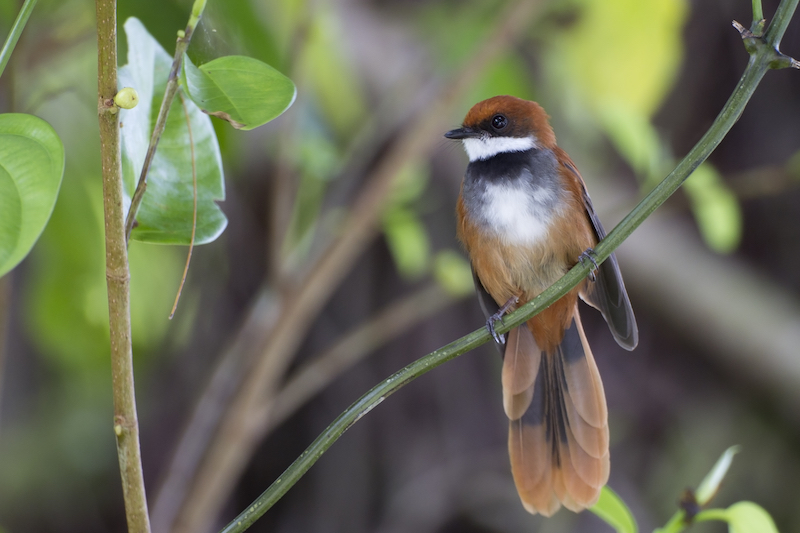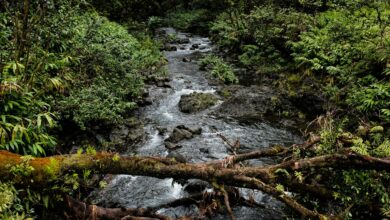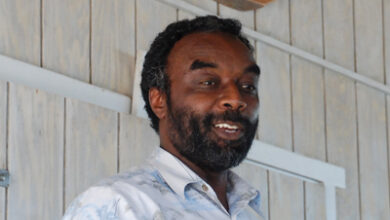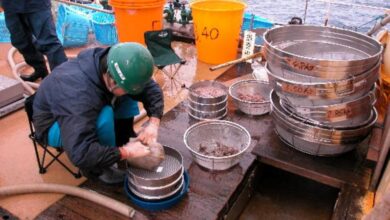Rich in biodiversity, Palau looks to protect its most precious resource

Palau, an archipelago of over 576 islands in the western tropical Pacific Ocean, is home to a wide variety of plants and animals, many of which are endangered or can be found nowhere else on the planet.
The environment forms the basis of Palau’s culture and economy, with much of the population reliant on natural resources, either for subsistence or insofar as they support tourism, the nation’s largest income source.
Because the environment is so important to its livelihoods, culture, economy, and global biodiversity, Palau is looking to develop innovative and improved methods to manage its resources, with an emphasis on using them sustainably.
The UN Environment project Advancing sustainable resource management to improve livelihoods and protect biodiversity in Palau is designed to support Palau’s governance and management of interlinked land and marine ecosystems in a small island development context.

Funded by the Global Environment Facility (GEF) and executed by Palau’s Ministry of Natural Resources, Environment and Tourism, the 2017-2021 project has the full support of Palauan States and a wide array of national-level partners who will help to implement the project.
The project aims to improve Palau’s protected areas while effectively implementing sustainable land management through improved coordination mechanisms at all levels of government and between different initiatives.
“As our first full-size national project, this is an important undertaking aimed at strengthening institutional management and coordinating and enhancing our efforts with the Protected Areas Network and Sustainable Land Management,” says F. Umiich Sengebau, Palau’s Minister of Natural Resources, Environment and Tourism. “At the end of the day, what we want to see is how our communities are benefiting from this project.”
“As for local people, under the project they will learn how to be part of environmental decision-making… and learn how to see the big picture for Palau.”
The project takes a cross-sectoral and multi-level governance approach on issues such as climate change and invasive species. Now one year old, the project is working to close gaps in environmental governance by bringing together stakeholders from different backgrounds to coordinate their efforts on the management of the environment and natural resources.
“As for local people, under the project they will learn how to be part of environmental decision-making and look beyond the interests of their own community and the sectors they alone are interested in,” says UN Environment biodiversity expert Stamatios Christopoulos. “They will learn how to see the big picture for Palau.”
For further information: stamatios.christopoulos@un.org



